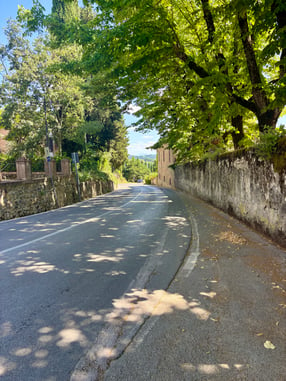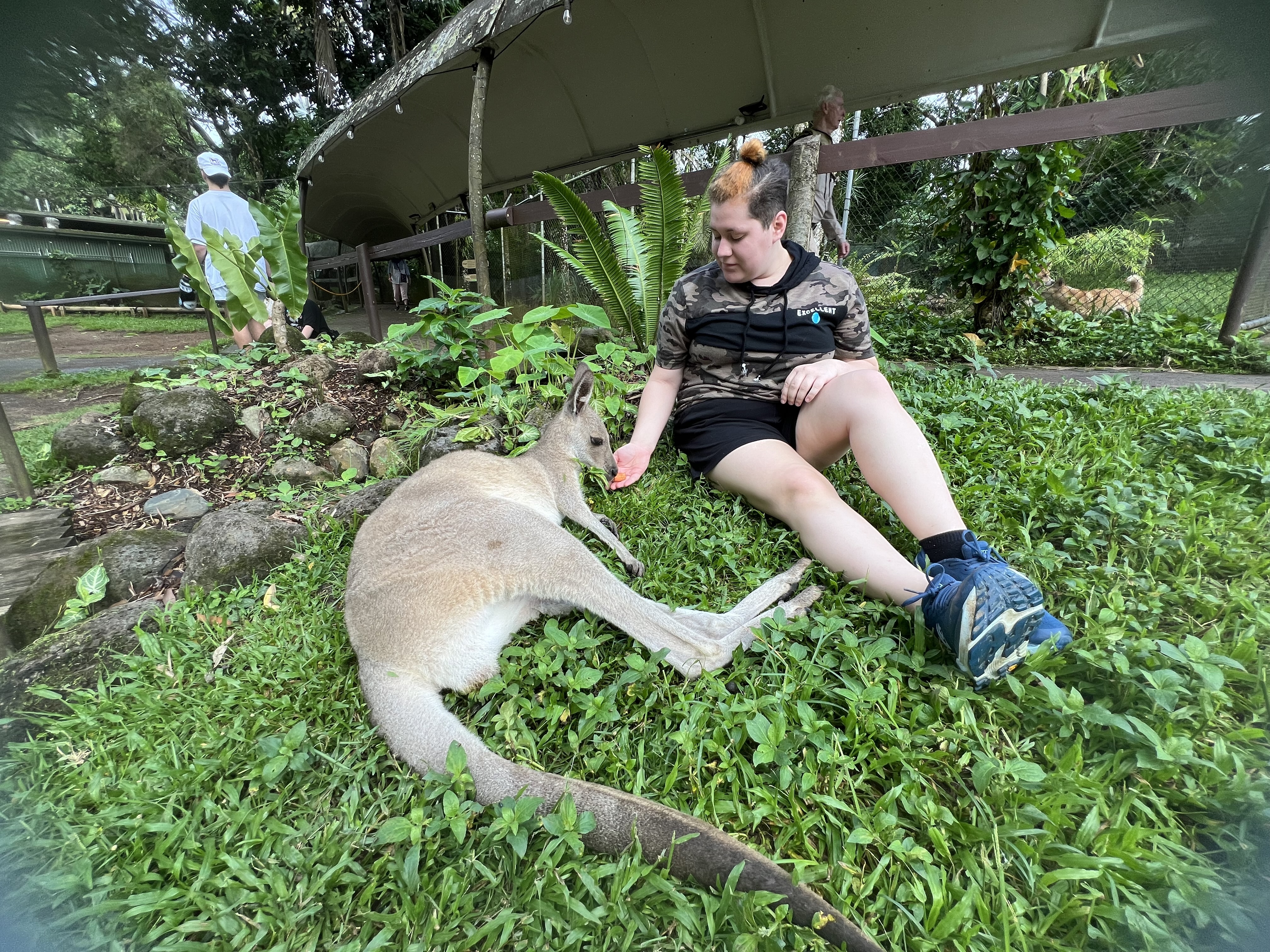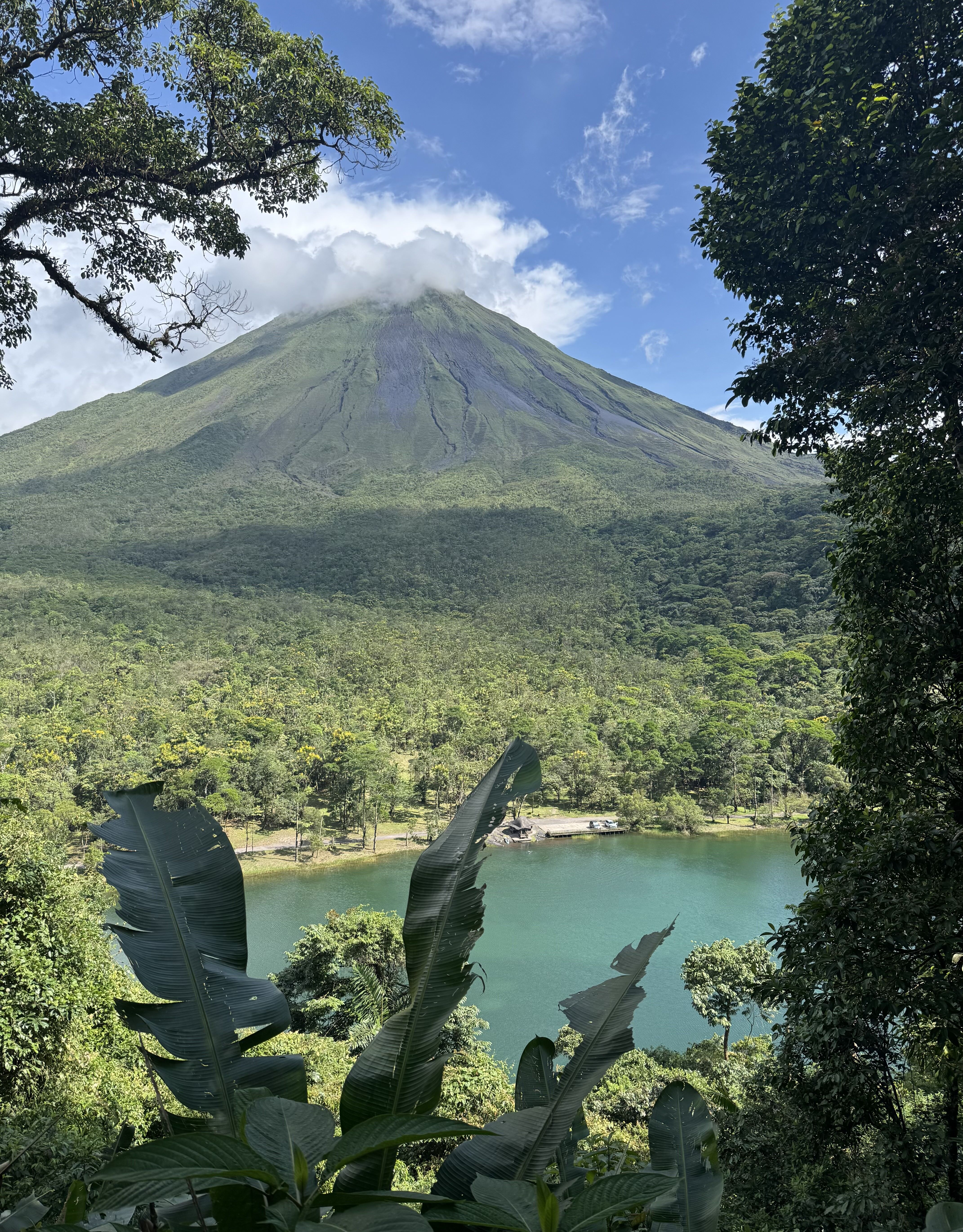When I first boarded the plane to go abroad, I thought I knew what the experience would be like. I pictured exploring new cities, trying foods I couldn’t pronounce, and making friends who lived on the other side of the world. What I didn’t expect was how much the experience would make me reflect on myself, who I was, what parts of me felt constant, and what parts shifted in a new environment.
The first few weeks felt like I had been dropped into a different version of my life. Everyday routines that usually felt effortless suddenly required more thought. Something as simple as taking the bus or ordering at a café became an exercise in patience and observation. At first, that made me feel off balance, like I was a step behind everyone else.
But little by little, I started realizing that I could figure things out. I learned which bus to take, how to greet people in a way that felt natural, and even how to laugh at myself when I made mistakes. That learning curve taught me something about myself that I hadn’t fully realized before. I’m more adaptable than I give myself credit for. Being abroad also made me see myself through other people’s perspective.

Back home, I rarely think about how my nationality or background shapes me because it blends into the environment around me. Abroad, those parts of me stood out. People asked questions about where I was from, what life was like back home, and why I had chosen to come to their country. In those moments, I found myself reflecting on what it meant to be “me” outside of my usual context. I became not just a student or traveler, but also an unofficial representative of my culture. Sometimes that felt like pressure, but most of the time it felt like an opportunity to share my perspective while also listening closely to theirs.
What surprised me most was that, despite all the changes in my environment, the core of who I am stayed steady. I still cracked jokes to make people feel comfortable. I still looked for ways to connect with others, whether it was through conversation, shared meals, or just laughing at the same awkward situations. Even though I was thousands of miles from home, those familiar parts of my personality became my anchor. It reminded me that identity isn’t something you leave behind, it travels with you, even when the world around you looks completely different.
Of course, there were moments when I felt out of place. Language barriers sometimes made me stumble, and cultural differences left me second guessing whether I was saying or doing the right thing. But instead of making me retreat, those moments taught me patience. They gave me a deeper appreciation for anyone who’s ever had to navigate a culture that isn’t their own.

I became more empathetic, more curious, and more willing to ask questions rather than assume I already understood. Looking back now, the biggest change I’ve noticed in myself is a new kind of flexibility. Before going abroad, I thought of identity as something fixed, like a set of traits that define you no matter where you are.
But living in a new country showed me that identity can stretch. It adapts to new surroundings, new relationships, and new challenges. That doesn’t mean I lost who I am, but if anything, I feel even more connected to myself. But I’ve learned that I can be both grounded and open, both consistent and adaptable.
In the end, being “me” abroad wasn’t about reinventing myself. It was about discovering new layers of who I already was and learning to carry them with confidence. The experience reminded me that identity isn’t just about where you come from, but it’s about how you show up, no matter where you are in the world.
Blog by Ashley Farley, University of Minnesota - Duluth
Learn more about CIS Abroad programs in Italy here!






